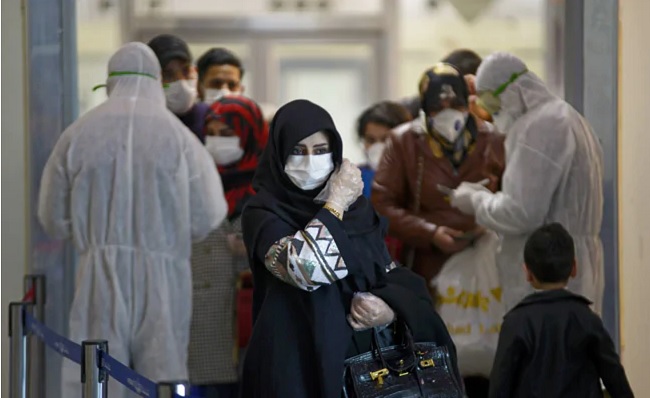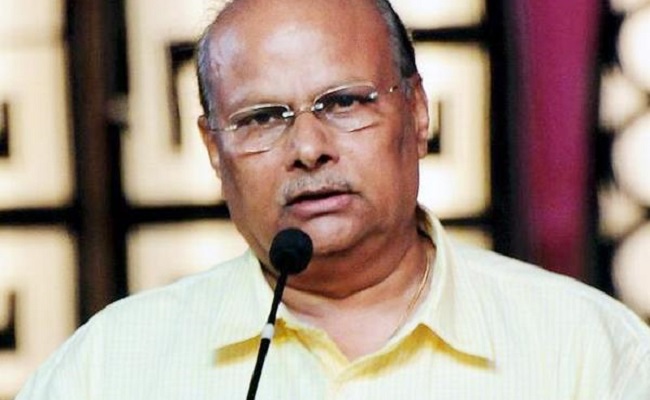
Geneva: The World Health Organisation (WHO) on Wednesday declared coronavirus disease as a pandemic, with its chief expressed his "deep concern" over "alarming levels of inaction" in combating the virus spread.
WHO Director General Tedros Adhanom Ghebreyesus, at a press conference at headquarters here, said that said the number of cases outside China had increased 13-fold over the past two weeks, and thus the coronavirus outbreak qualified as a pandemic, or a disease spreading in multiple countries around the world simultaneously.
"We have therefore made the assessment that Covid-19 can be characterized as a pandemic."
The WHO chief also stressed that pandemic is not a word to use lightly or carelessly, as the word, if misused, can cause unreasonable fear, or unjustified acceptance that the fight is over, leading to unnecessary suffering and death.
"Describing the situation as a pandemic does not change WHO's assessment of the threat posed by this coronavirus. It doesn't change what WHO is doing, and it doesn't change what countries should do," said Ghebreyesus.
In the press conference, he wondered if the world have never before seen a pandemic sparked by a coronavirus. "We have called every day for countries to take urgent and aggressive action.We have rung the alarm bell loud and clear," Ghebreyesus said.
He, however, noted that just looking at the number of COVID19 cases and the number of countries affected did not tell the full story. According to the WHO, of the 118,000 Covid-19 cases reported in 114 countries, more than 90 per cent of cases are in just four countries, and the numbers of cases have significantly declined in two - China and South Korea.
The WHO also stated that 81 countries have not reported any COVID19 cases, and 57 countries have reported 10 cases or less.
"We cannot say this loudly enough, or clearly enough, or often enough: all countries can still change the course of this pandemic," said Ghebreyesus.
He also said that if countries could detect, test, treat, isolate, trace, and mobilise their people in the response, then cluster and community transmission could be prevented.
The WHO said some countries which are dealing with Covid-19 either have lack of capacity and resources or lack of resolve. It warned the countries across the world to be ready with hospitals and protect and train health workers to deal with the situation.
"I remind all countries that we are calling on you to activate & scale up your emergency response mechanisms communicate with your people about the risks & how they can protect themselves find, isolate, test & treat every COVID19 case & trace every contact," said Ghebreyesus.
The WHO also suggested that all countries must strike a fine balance between protecting health, minimizing economic and social disruption and respecting human rights. On January 30, the world health body had declared the disease as Public Health Emergency of International concern after it brought China to a lockdown with more than 7,000 confirmed cases, including 1,370 critical cases and 170 deaths.
Italy and Iran have been reported as worst-hit with the Covid-19 with deaths of 168 more people in Italy in the past 24 hours, the highest toll in a single day since the start of the outbreak in the country.











